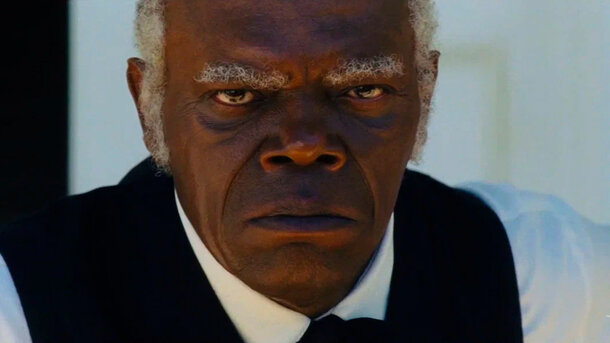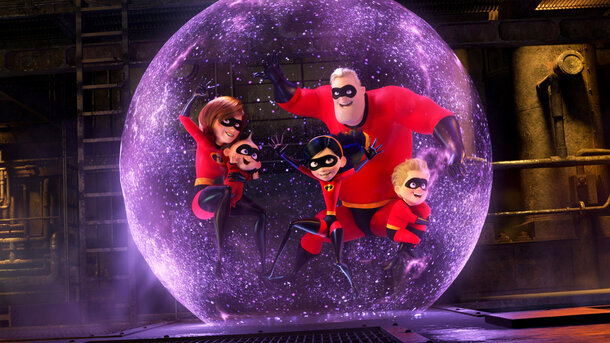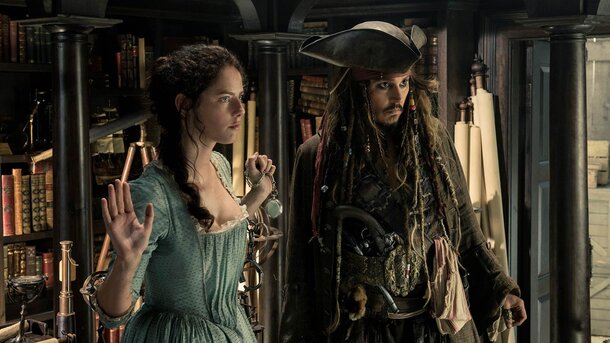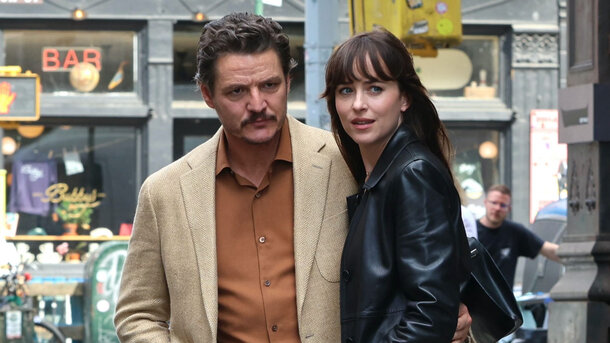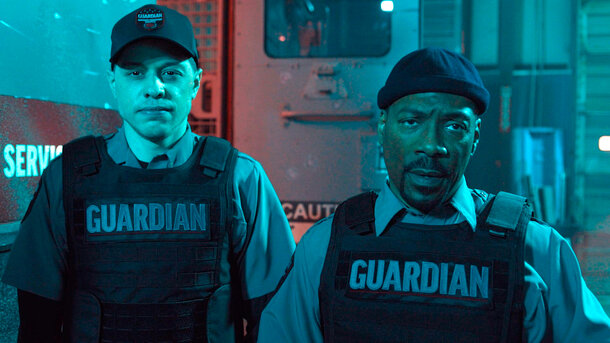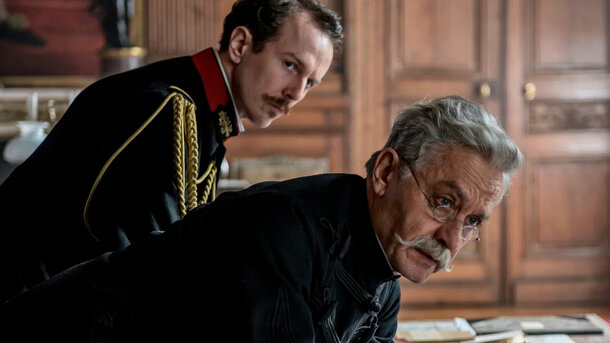It’s hard to imagine now, but Quentin Tarantino — a director known for pushing boundaries with violence, controversy, and social taboos — almost didn’t make Django Unchained. And not because of studio interference or creative burnout. It was the so-called "narrative" that nearly stopped him.
At first glance, Tarantino seems untouchable. Blood, carnage, and uncomfortable truths are all part of his cinematic toolbox. But when it came time to film his "slave-era Western," he had second thoughts. Not about the plot — but about the execution. Writing a scene where a hundred chained Black men march through the mud is one thing. Actually casting a hundred actors, putting them through it, and not becoming a sadistic director in the process — that’s another story. This wasn’t just about spectacle. This was about real pain, real trauma, real blood.
In a rare moment of creative paralysis, Tarantino picked up the phone and called someone who really understood racism in Hollywood: the late Sidney Poitier — the first Black man to win an Oscar for Best Actor. He didn’t get a lecture. He got a blessing:
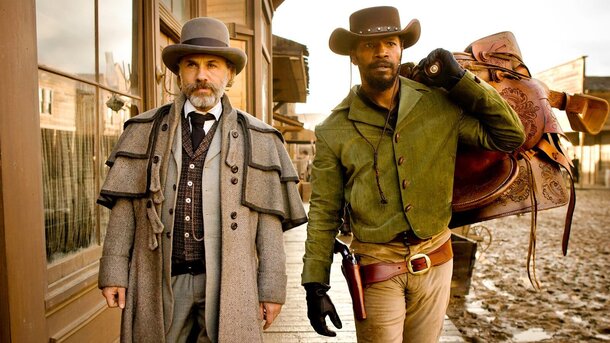
"You were born to tell this story. Just do it. People understand everything. Just treat your actors with respect — don’t use them as background props."
The rest is history. Django Unchained earned $426 million worldwide, won an Oscar, and became Tarantino’s highest-grossing film. But few knew how close he came to walking away — not out of arrogance, but out of fear of being seen as... a racist.
